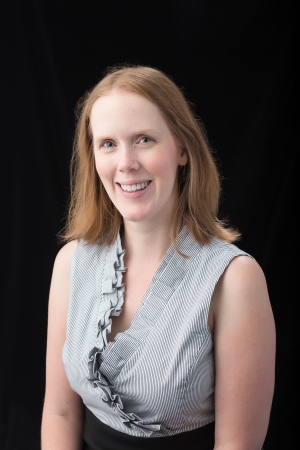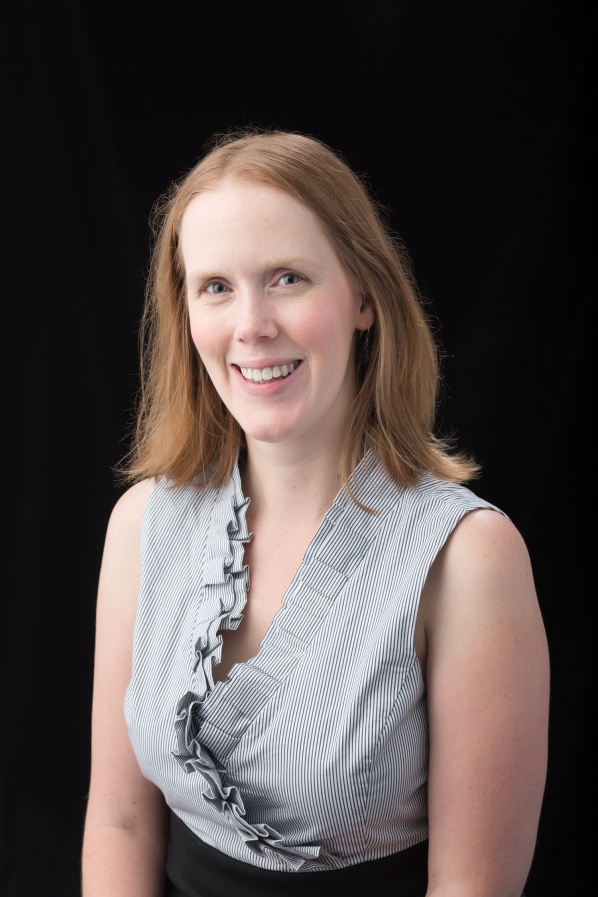Dr. Rebecca Payne Jordan, assistant professor in the Reich College of Education’s Department of Reading Education and Special Education, was one of eight faculty across the University of North Carolina institutions appointed as a Literacy Fellow as part of the University of North Carolina System Literacy Framework Development Initiative.
The UNC System Literacy Framework Development Initiative is a result of the Board of Governors’ Resolution on Teacher Preparation. The resolution calls for the UNC System Office to develop a common framework for literacy instruction in teacher preparation, to be adopted by all educator preparation programs in the System.
The Literacy Fellows will work together to develop a detailed framework for what graduates of UNC System educator preparation programs should know and be able to do when they begin teaching elementary school students to read. The framework will be based on the latest scientific research into the essential components of reading and will align with statutory requirements and other statewide literacy initiatives.
The new framework will ensure that graduates of elementary and special education general curriculum programs in the UNC System have an in-depth understanding of reading as a process involving the ability to hear and create sounds, phonics, fluency, vocabulary, and comprehension.
“This work is an important opportunity for local experts who know both the content and the community, and are themselves stakeholders in the effectiveness of the PK-12 education system, to create a set of guiding principles for North Carolina educator preparation programs that reflect the current literacy evidence base.”
“This work is an important opportunity for local experts who know both the content and the community, and are themselves stakeholders in the effectiveness of the PK-12 education system, to create a set of guiding principles for North Carolina educator preparation programs that reflect the current literacy evidence base,” said Payne Jordan.
“The development of these common guiding principles will help us graduate more highly qualified teachers who are able and willing to provide differentiated, evidence-based instruction that meets each students’ needs,” she added.
The Fellows are drawn from across the UNC System’s educator preparation programs and were selected from a robust pool of applicants and represent a wealth of experience, research, and knowledge of evidence-based literacy practice. The other seven individuals who were appointed are:
- Kimberly L. Anderson, East Carolina University, Associate Professor of Reading Education
- Christie Cavanaugh, University of North Carolina Greensboro, Clinical Associate Professor
- Dennis S. Davis, North Carolina State University, Associate Professor of Literacy Education
- Kim Doggett Pemberton, Winston-Salem State University Associate Professor of Elementary Education
- Paola Pilonieta, University of North Carolina at Charlotte, Associate Professor, Director of the Reading Education Minor
- Roya Qualls Scales, Western Carolina University, Professor of Literacy Education
- Kellee D. Watkins, North Carolina Agricultural and Technical State University, Assistant Professor and MAT Coordinator for Elementary Education
Jordan received her Doctorate in early childhood, special education, and literacy from the University of North Carolina at Chapel Hill, and her master’s degree in curriculum and instruction specializing in reading education from the University of North Carolina at Greensboro. In addition to her general education and reading education licenses, she also holds an English as a Second Language K-12 license. She has taught most of the elementary grades but considers herself a first-grade teacher at heart.
Jordan’s most exciting current project is working with teachers at the AppState Academy at Middle Fork (UNC System Laboratory School) modeling evidence-based instruction for teachers to see firsthand how they can support continued literacy development. Her research agenda has a dual focus on both teachers and students. She seeks to better understand the literacy knowledge, skills, and beliefs of pre-service and in-service teachers and how those are engendered and transformed.
Simultaneously, Jordan continues to explore the ways reading and writing develop in children, particularly students with developmental disabilities, and the ways instruction can capitalize on existing funds of knowledge. Her work has been published in top-tier journals, including Literacy Research and Instruction, Learning Disabilities Research and Practice, and Teaching and Teacher Education.
"Dr. Payne Jordan is engaging in critical work that will produce transformational change related to not only our education preparation program but also elevating the success of K-12 students.”
Dr. Melba Spooner, dean of the RCOE, said Payne Jordan is “a dedicated, early-career professional who is advancing the field of reading education through her serving as a Literacy Fellow. She is engaging in critical work that will produce transformational change related to not only our education preparation program but also elevating the success of K-12 students.”
The Fellows began developing the framework for teaching literacy in educator preparation programs within the UNC System in August 2020. Once this framework is finalized, the Fellows will support the System-wide implementation of this new tool to help North Carolina’s newest educators teach their future students how to read and write. The Fellows will also develop a self-assessment tool, which educator preparation programs can use to evaluate their implementation of the new framework.
Research shows that students who are able to read on grade-level by the end of 3rd grade are more likely to graduate from high school, enroll in postsecondary education, earn a college degree or credential, and experience economic success in adulthood. Currently, only 36 percent of North Carolina’s fourth graders scored proficient in reading in 2019, with just over 20 percent of low-income fourth-graders reading on grade level, according to the 2019 National Assessment of Educational Progress (NAEP).

